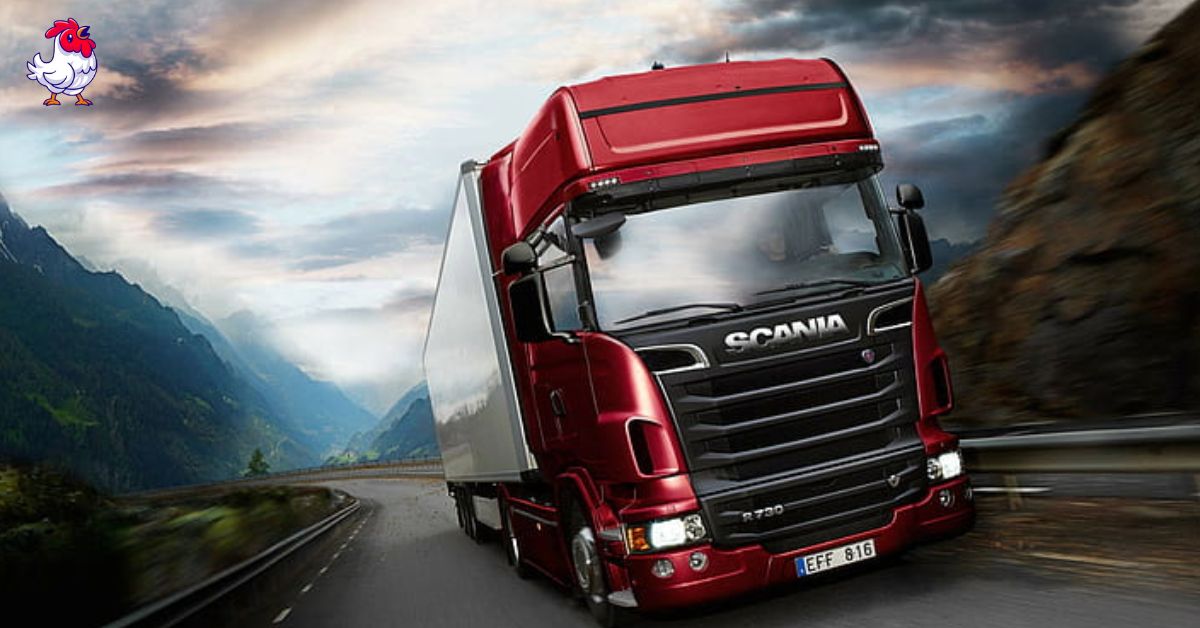In a world driven by logistics, the global movement of goods is the lifeblood of modern commerce. From the ports of Rotterdam to the highways of Southeast Asia, heavy-duty trucks are the unsung heroes behind the smooth flow of supplies and services. Among the world’s leading manufacturers, Scania stands out not just for its iconic trucks but for its commitment to sustainability, innovation, and adaptability in overseas markets.
A Swedish Giant with Global Reach
Scania, a company with roots tracing back to 1891 in Sweden, has become synonymous with reliability and performance in the transport industry. With production facilities in Europe, South America, and Asia, and operations in over 100 countries, Scania isn’t just a regional powerhouse—it’s a global player with a sharp focus on localized excellence.
When it comes to operating overseas, Scania understands that success doesn’t come from a one-size-fits-all model. Instead, it tailors its products and services to meet the unique demands of each market. Whether navigating the steep mountain roads of Chile, hauling mining equipment in Australia, or delivering refrigerated goods across Southeast Asia, Scania’s trucks are designed for optimal performance in diverse and often harsh conditions.
Engineering Excellence: Built for Tough Roads
At the core of Scania’s reputation is its engineering. Scania trucks are known for their powerful engines, long-haul durability, and fuel efficiency. These qualities are especially crucial in overseas markets where infrastructure can be unpredictable, distances vast, and maintenance facilities spread far apart.
For instance, in developing markets where trucks often cover thousands of kilometers through rural terrain, Scania’s modular design system allows for easier maintenance and parts replacement. This design philosophy ensures that downtime is minimized—an essential factor for transport companies working on tight delivery schedules.
Moreover, Scania offers a wide range of configurations, from heavy-duty tippers for mining operations to high-capacity refrigerated trailers for food distribution. The company works closely with clients to customize specifications, ensuring that every truck is a perfect fit for its intended purpose.
Going Green on a Global Scale
One of the most pressing challenges in the transport industry today is sustainability. With climate change and environmental regulations shaping the future of logistics, Scania has taken a proactive stance. The company has made a bold commitment to reduce CO₂ emissions across its operations and products, aiming to align with the Paris Agreement targets.
Overseas, this commitment has translated into innovative solutions like biofuel-compatible engines, hybrid drivetrains, and even fully electric trucks. In Latin America, Scania has pioneered the use of biodiesel and ethanol-powered vehicles for public and commercial transportation. Meanwhile, in Europe and Asia, electric and hybrid trucks are gaining traction in urban logistics, thanks to partnerships with forward-thinking fleet operators and city planners.
What sets Scania apart is its ability to implement green solutions without compromising on performance. Its electric trucks, for example, maintain the same standards of payload, durability, and safety as their diesel counterparts, making them a viable option even in heavy-duty operations.
Connected Services: Smarter Fleets, Better Performance
Scania doesn’t just build trucks—it builds smart fleets. One of its most impressive offerings in overseas markets is its suite of connected services, powered by advanced telematics and data analytics. Every Scania truck can be equipped with real-time tracking and performance monitoring, giving fleet managers insights into fuel consumption, driver behavior, maintenance needs, and route efficiency.
This data-driven approach helps companies reduce costs, improve safety, and minimize environmental impact. For example, a fleet operating in Southeast Asia can use Scania’s Fleet Management System to optimize delivery schedules, avoid traffic bottlenecks, and plan proactive maintenance—all from a central dashboard.
Additionally, Scania’s Driver Services program offers training and coaching for drivers, helping improve fuel efficiency and reduce wear and tear on the vehicle. This not only benefits the business but also contributes to road safety and environmental stewardship.
Local Partnerships, Global Standards
Scania’s overseas success is also rooted in its partnerships with local businesses, governments, and service providers. The company often collaborates with local distributors and service centers to ensure that after-sales support, training, and spare parts are always within reach.
In Africa, for instance, Scania has partnered with vocational schools to train technicians and drivers, helping to build a skilled local workforce. In Asia, it works closely with logistics companies to provide turnkey fleet solutions that include not just the vehicles, but also financing, insurance, and servicing plans.
This holistic approach strengthens Scania’s presence in foreign markets while contributing to local economies and transport infrastructure.
The Road Ahead
As global demand for transport solutions continues to rise, Scania is well-positioned to meet the challenges of the future. With a strong focus on innovation, sustainability, and customer-centric solutions, the company is not just adapting to global markets—it’s helping shape them.
From the congested streets of urban megacities to the rugged terrain of remote regions, Scania trucks are proving that quality, sustainability, and reliability know no borders. In a world that never stops moving, Scania is driving the future of global transport—one truck at a time.
